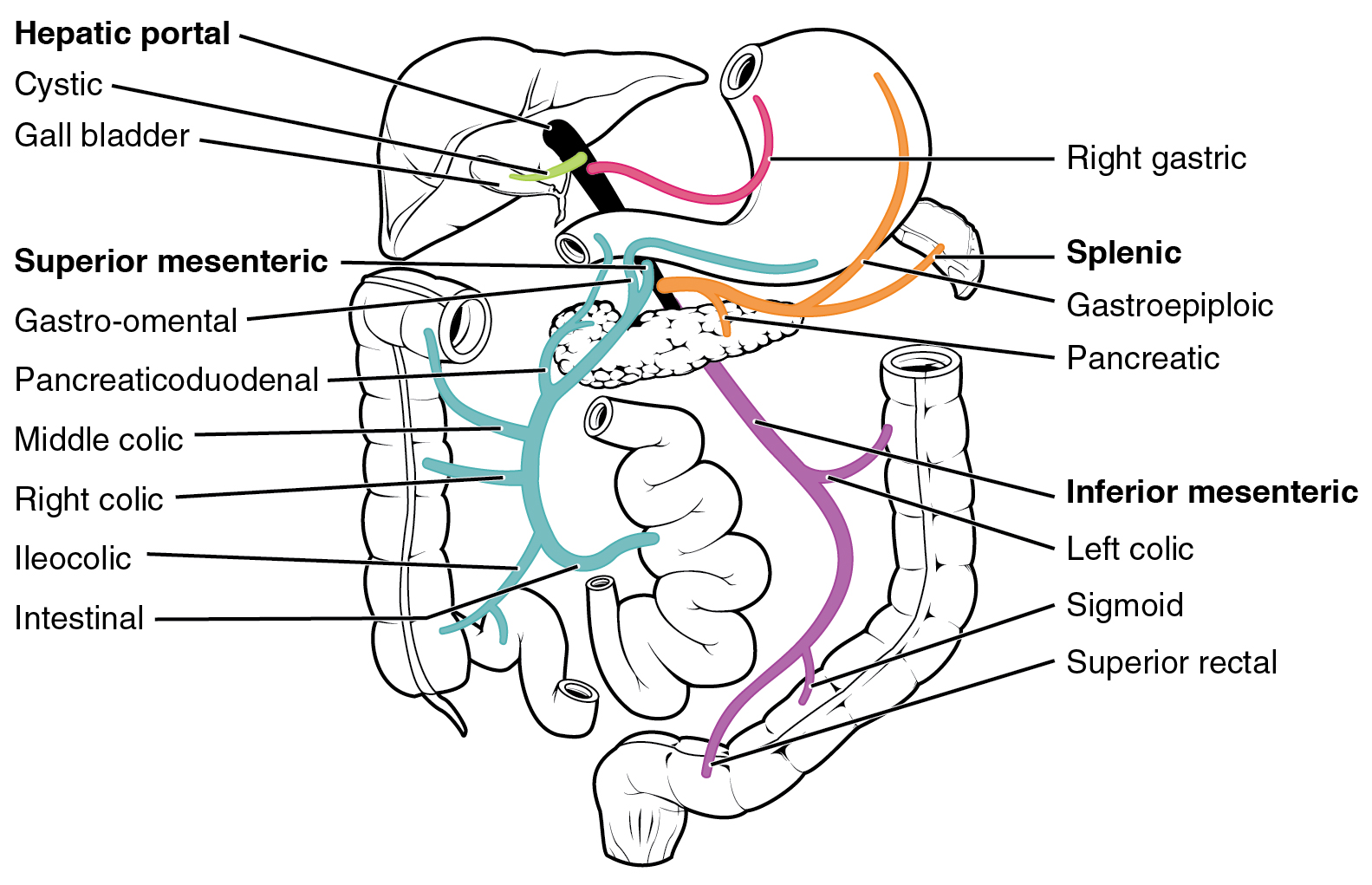#first_pass_effect

First pass effect
Phenomenon of drug metabolism
The first pass effect is a phenomenon of drug metabolism at a specific location in the body which leads to a reduction in the concentration of the active drug before it reaches the site of action or systemic circulation. The effect is most associated with orally administered medications, but some drugs still undergo first-pass metabolism even when delivered via an alternate route. During this metabolism, drug is lost during the process of absorption which is generally related to the liver and gut wall. The liver is the major site of first pass effect; however, it can also occur in the lungs, vasculature or other metabolically active tissues in the body. Notable drugs that experience a significant first-pass effect are buprenorphine, chlorpromazine, cimetidine, diazepam, ethanol, imipramine, insulin, lidocaine, midazolam, morphine, pethidine, propranolol, and tetrahydrocannabinol (THC). First-pass metabolism is not to be confused with Phase I metabolism, which is a separate process.
Sat 6th
Provided by Wikipedia
This keyword could refer to multiple things. Here are some suggestions: